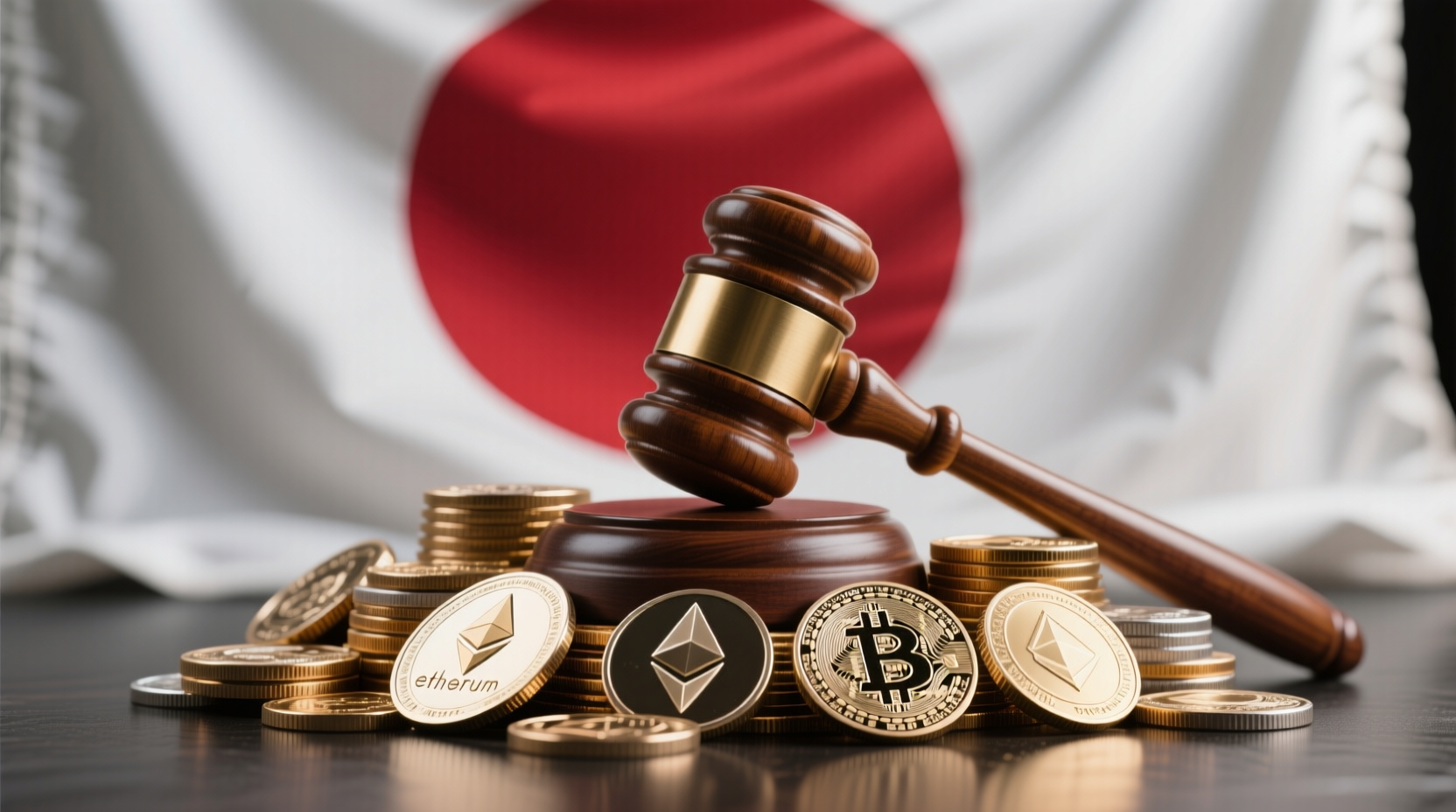Japan’s Financial Services Agenсy (FSA) has proposed shifting cryptocurrency regulation from the Payment Services Act to the more stringent Financial Instruments and Exchange Act (FIEA), signaling a major tightening of oversight in the sector.
Key points:
- Japan’s FSA proposes moving crypto regulation under the stricter Financial Instruments and Exchange Act to strengthen oversight.
- The FSA report highlights challenges in crypto investing, including unclear disclosures, unregistered operations, and exchange security risks.
- Stricter rules would introduce stronger protections, clearer disclosure requirements, and enforcement against unfair trading.
A recent FSA report recommends bringing cryptocurrencies under the scope of the FIEA, citing that many challenges in the crypto sector mirror issues already addressed by the FIEA, making its mechanisms and enforcement more suitable for regulation.
The report pointed several key challenges in crypto investing, including vague white papers, misleading disclosures, unregistered operations, investment scams, low investor risk awareness, and security vulnerabilities at exchanges.
The FSA report also emphasizes that cryptocurrencies are becoming a significant part of Japan’s economy, with more than 12 million accounts opened at domestic exchanges and total user deposits surpassing 5 trillion yen (around $33.7 billion).
Related: CFTC Opens Door for National Trust Banks to Issue Stablecoins
Additionally, the report notes that while crypto adoption is growing in Japan, most activity remains small-scale, with over 80% of individual aсcounts holding less than $675.
Full application of the FIEA would introduce stricter disclosure requirements for crypto issuers, govern intermediaries and brokerages, and enforce measures against unfair trading, including emergency injunctions against unregistered operators.
FSA Report Shows Potential Benefits for SHIB Holders
Japan’s effort to strengthen crypto rules reflects regulators’ heightened attention to the country’s evolving digital asset market, where participation continues to grow despite most individual accounts holding modest balances.
Related: Judge Allows Insider Trading Lawsuit Against Coinbase Execs
For SHIB holders, this regulatory shift could bring significant benefits. Clearer rules and stronger protections may reduce risks associated with trading and holding tokens, while enhanced transparency in how digital assets are bought, sold, and managed could make it easier for everyday users to navigate the market with confidence.
As Japan moves tоward stricter oversight, SHIB investors could see a more secure environment that supports both casual holders and active traders, fostering trust and stability in the ecosystem.












